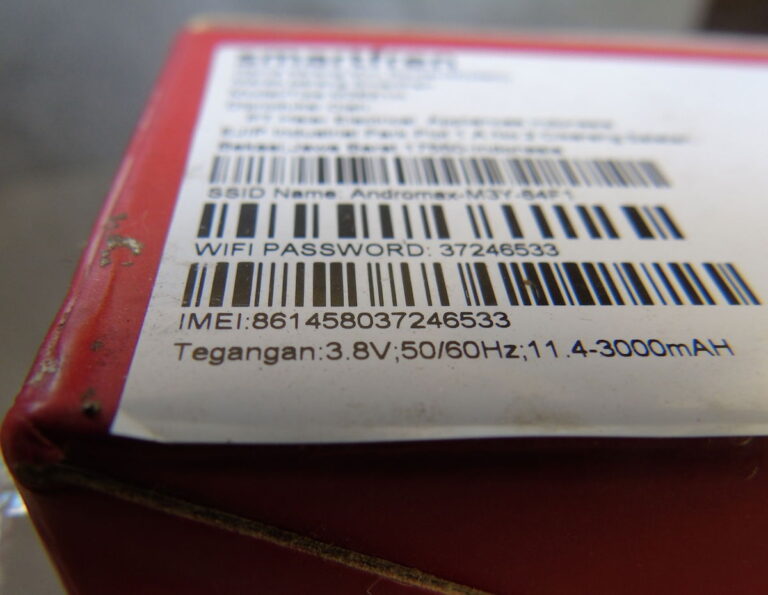
Spain’s bank scam crisis: Banks are launching weapons against booming bank phone scams.Credit: Pungu x, Shutterstock
Spain is in the grip of a telephone scam epidemic, and it’s getting ugly. From fake job offers pretending to be from Indeed, to relentless nuisance calls flogging everything from dodgy investments to miracle cures, the country has become a happy hunting ground for fraudsters. Now, one of Spain’s biggest banks has finally said: enough is enough. And more banks are set to follow their lead.
Spain’s bank scam crisis: Banks are launching weapons against booming bank phone scams.
ING Direct has launched a new feature for its customers in Spain called “Who’s Calling Me?” — and it could become a game-changer in the war on financial phone scams.
How it works is beautifully simple: if you receive a call claiming to be from ING, you simply open the bank’s app, head to the ‘Help’ section, tap ‘Who’s Calling Me?’, and enter the phone number. ING will immediately check if the call is legit. If not, they tell you exactly what to do next to stay safe.
It might sound obvious, but until now no Spanish bank has offered anything remotely like it. British challenger bank Monzo introduced a similar feature some time ago: if you were on a call and opened Monzo’s app, it would flash up a warning if the caller wasn’t really them. Spain’s banks, however, have been slow to follow suit.
The government’s attempts to rein in the scam tsunami have been… well, let’s say, limited. New rules require companies making marketing calls to use numbers starting with 900 or 800, effectively banning the use of regular 600 or 700 prefixes for cold calls. But let’s be honest: criminals don’t exactly lose sleep over government guidelines.
As experts point out, many scammers simply bypass these restrictions using disposable SIM cards or SIM swapping tricks, making it child’s play to spoof legitimate-looking numbers. Since the new rules kicked in, Spain’s operators have reportedly blocked 14 million dodgy calls, according to the Ministry for Digital Transformation and Public Administration. Impressive? Yes. Problem solved? Not even close.
Tech giants are also trying to fight spam calls in Spain
Google’s Phone app on Android uses AI-powered call screening that automatically blocks suspected scam calls and flags dodgy text messages. Meanwhile, Apple is playing catch-up: at its recent WWDC 25 event, it unveiled iOS 26’s blunt instrument approach. From now on, iPhone users can set their device to block all calls from unknown numbers unless the caller states who they are and why they’re calling. As one observer quipped, it’s like using a sledgehammer to swat a fly — but at least it’s a very big hammer.
Of course, it’s not just scam and spam calls.
Text messages remain a major weapon in the scammer’s arsenal, slipping past even the best filters with cleverly disguised phishing links.
The uncomfortable truth? There’s no silver bullet. As Spain’s tech site Xataka warns: ‘It’s more difficult than ever for scammers, but back doors always exist.’ The best advice remains painfully old-fashioned: double-check senders, scrutinise web links, and never give out personal information over the phone.
Spain’s scam problem isn’t going away overnight. But with moves like ING’s new in-app tool, the fightback has at least begun. And for Spain’s 47 million potential victims, that’s a very welcome first step.
Stay tuned.
Get more original Spanish living news.
More original tech news.






